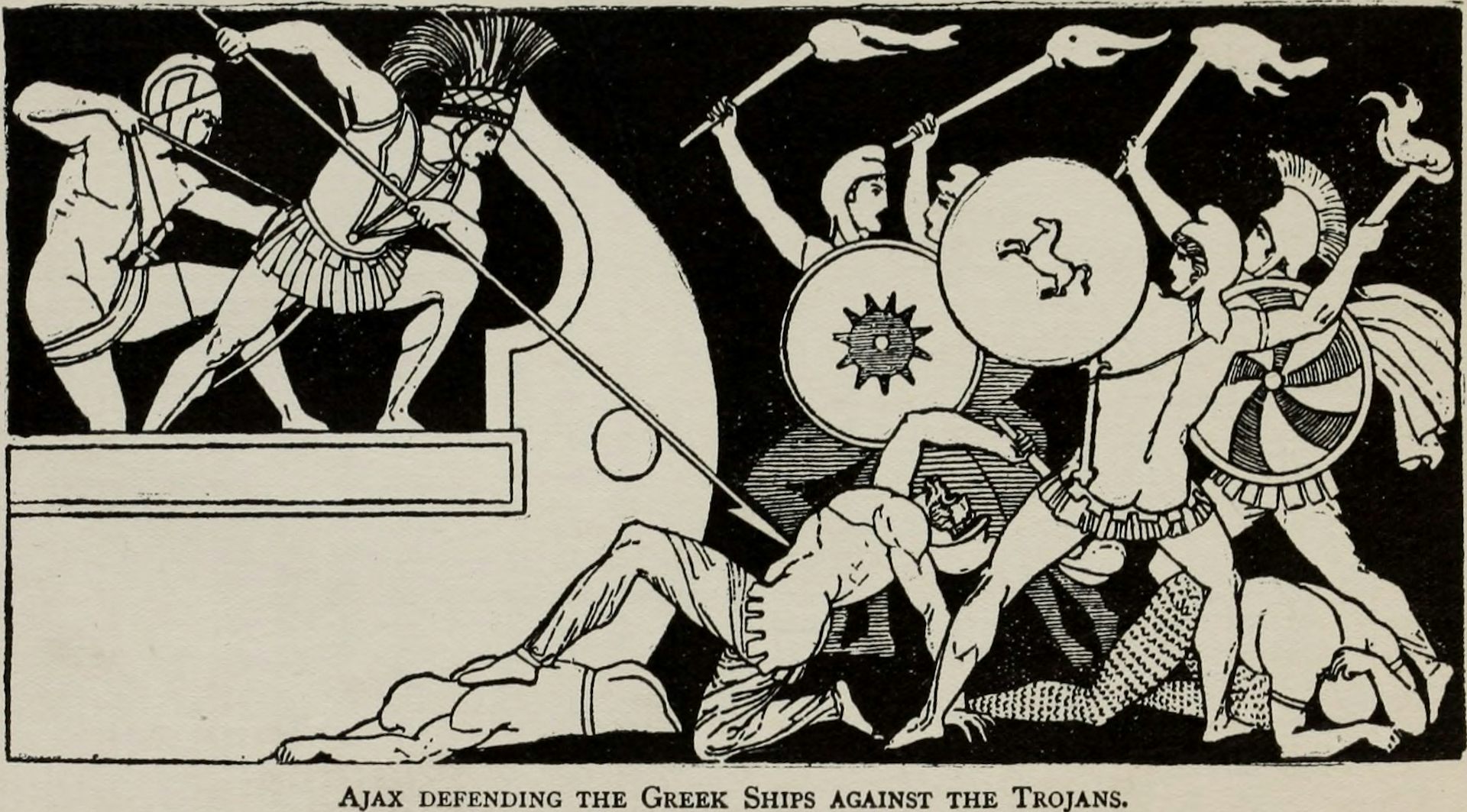

His humanity stems from his great passion.Īgamemnon The well-meaning but irresolute king of Mycenae commander-in-chief of the expedition against Troy.

He is willing to subvert the good of the whole army and to endanger the lives of those who are closest to him to achieve emotional blackmail. The most significant flaw in the temperament of Achilles is his excessive pride.

Each of the greatest of these noble heroes is given an aristeia, or greatest moment in battle, somewhere in the Iliad.Īchilles The central character of the Iliad and the greatest warrior in the Achaian army. Overall, heroes lived by four rules: arete, the pursuit of excellence, as exemplified by valor in battle, and nobility, as exemplified by skill in speech and diplomacy. In terms of status, heroes are below the gods but above the ordinary warriors. For example, Achilles is the greatest warrior, but he is also petulant and self-centered. Each hero is distinguished by a virtue but may also have an accompanying vice. Heroes are of such stature that they sometimes provoke envy from the gods and on occasion may even fight with a god. Some may have a divine or semi-divine parent, though the hero himself is still mortal and subject to death, unlike the gods. The heroes, however, are presented literally as greater human beings than the ordinary warriors. In the Iliad certain heroic characters play major roles in the battles even though the reader knows that many more common soldiers must be involved.


 0 kommentar(er)
0 kommentar(er)
